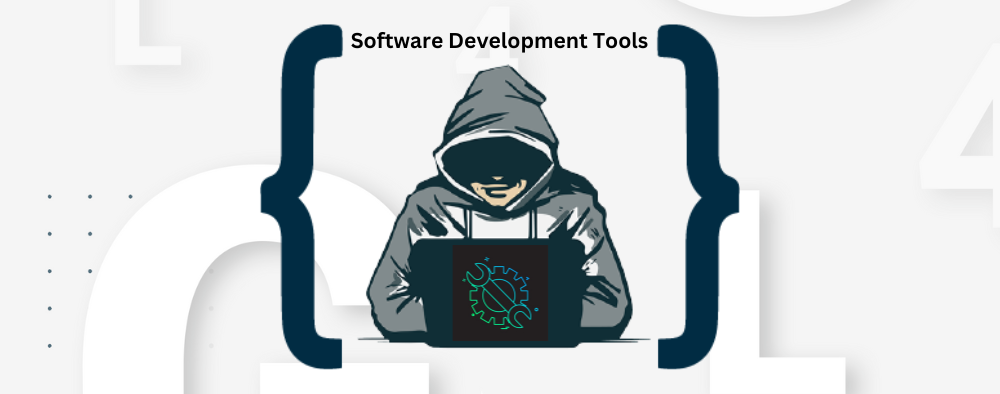
About this course:
Kubernetes allows you to deploy cloud-native applications anywhere and manage them exactly as you like everywhere. Kubernetes is a core tool in DevOps; it gives you the ability to schedule and manage containers (Docker or otherwise) at scale. This course will help you to unravel the potential of Kubernetes in the shortest amount of time.
Learning Units:
- Unit 1: Introduction to Kubernetes
- Unit 2: Kubernetes and Grafana
- Unit 3: Kubernetes Recipes
- Unit 4: Develop and Operate Microservices on Kubernetes
- Unit 5: Hands-On Kubernetes and Docker for Distributed Applications

About this course:
Jenkins is open source automation software that helps automate software development with continuous integration and facilitating technical aspects of continuous delivery.
Learning Units:
- Unit 1: Install and Configure
- Unit 2: Docker and AWS
- Unit 3: Ansible
- Unit 4: Security and Jobs
- Unit 5: Maven and Git
- Unit 6: DSL and Pipelines
- Unit 7: Put it All Together
- Unit 8: Jenkins CI/CD

About this course:
In this course we’ll cover using Git to manage your project files. Git is a very lightweight but powerful system to manage changes, not just in your source code, but in documents, graphic assets – basically anything you use to deliver projects. You’ll see how to work with local and remote repositories, branch your changes, merge them, share them and all with a few simple commands. This course is very focused on seeing GIT in operation and is designed to be easy to follow along with the demos and perform the functions yourself.
Learning Units:
- Unit 1: Git SCM

About this Course:
This course will cover the basics of the SDLC. The SDLC is a process followed for a software project, within a software organization. It consists of a detailed plan describing how to develop, maintain, replace and alter or enhance specific software. The life cycle defines a methodology for improving the quality of software and the overall development process.Learning Units:
- Unit 1: SDLC Overview
- Unit 2: Waterfall Model
- Unit 3: Iterative Model
- Unit 4: Spiral Model
- Unit 5: V-Model
- Unit 6: Big Bang Model
- Unit 7: Agile Model
- Unit 8: RAD Model
- Unit 9: Prototyping Model
- Unit 10: DevOps

About this course:
This course will provide you with in-depth knowledge of various DevOps tools including Git, Jenkins, Docker, Ansible, Puppet, Kubernetes and Nagios. This training is completely hands-on and designed in a way to help you become a certified practitioner through best practices in Continuous Development, Continuous Testing, Configuration Management and Continuous Integration, and finally, Continuous Monitoring of software throughout its development life cycle.
Learning Units:
- Unit 1; Exploring DevOps
- Unit 2: Core principles and practices
- Unit 3: Business and Technology Frameworks
- Unit 4: Culture, Behavior and Operating models
- Unit 5: Automation and Architecting DevOps Toolchains
- Unit 6: Measures metric and Reporting
- Unit 7: Sharing, Shadowing and Evolving
- Unit 8: DevOps Tools

About this Course
Learning Units
- Unit 1: Introduction to Software Development Life Cycle
- Unit 2: Waterfall Methodology
- Unit 3: Agile Methodology
- Unit 4: DevOps
- Unit 5: Comparative Analysis of Different Software Development Methodologies

About this course:
Kubernetes (K8s) is an open-source system for automating deployment, scaling, and management of containerized applications.
It groups containers that make up an application into logical units for easy management and discovery. Kubernetes builds upon 15 years of experience of running production workloads at Google, combined with best-of-breed ideas and practices from the community.
Docker container technology was launched in 2013 as an open source Docker Engine. It leveraged existing computing concepts around containers and specifically in the Linux world, primitives known as cgroups and namespaces. Docker's technology is unique because it focuses on the requirements of developers and systems operators to separate application dependencies from infrastructure.
Learning Units:
- Unit 1: Docker for DevOps: Getting Started
- Unit 2: Docker for DevOps: Your first Application
- Unit3: Docker for DevOps: Staging Server
- Unit4: Docker for DevOps: Systems
- Unit 5: Docker for DevOps: Create Production Server
- Unit 6: Docker for DevOps: Backups and Upgrades
- Unit 7: Kubernetes

About this Course:
- Unit 1: Software Development Tools - Overview
- Unit 2: Integrated Development Environments
- Unit 3: Source Control Management
- Unit 4: App Servers
- Unit 5: CI / CD
Learning Units:
About this course:
XMLSpy is an XML editor and integrated development environment (IDE) developed by Altova. XMLSpy allows developers to create XML-based and Web services applications using technologies such as XML, XBRL, XML Schema, XSLT, XPath, XQuery, WSDL and SOAP. XML Spy is the leading development tool for creating XML documents, XSLT style sheets, DTDs, XML Schemas, SOAP and WSDL documents, and other XML-related and XML-based documents.
This course will go over the topics mentioned above and help you navigate the software and use its features.
Learning Units:
Unit 1: Introduction to XMLSpy
Unit 2: XML Editor
Unit 3: JSON Editor: JSON Grid View in XMLSpy
Unit 4: XSLT, XPath, and XQuery
Unit 5: XBRL





